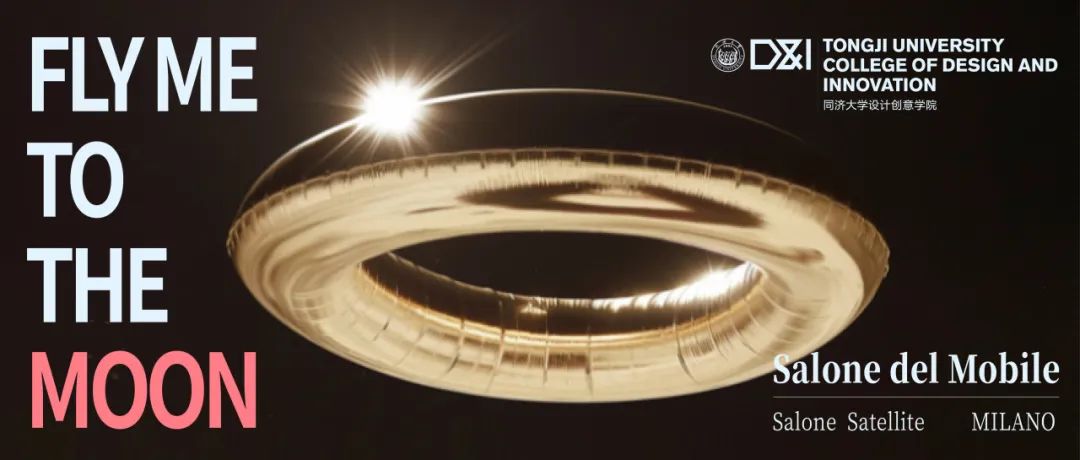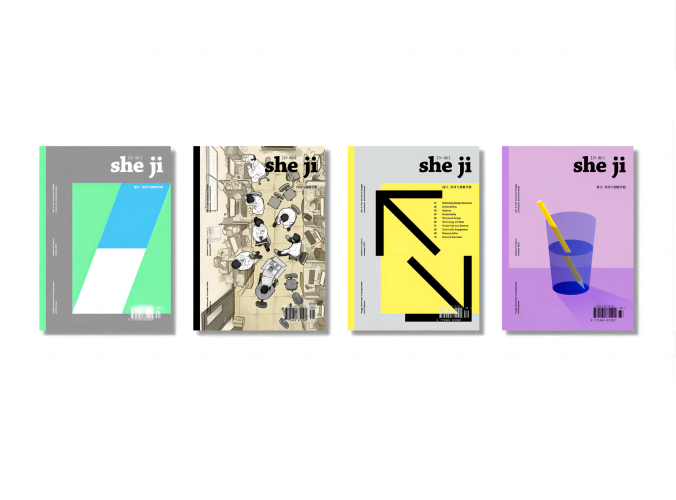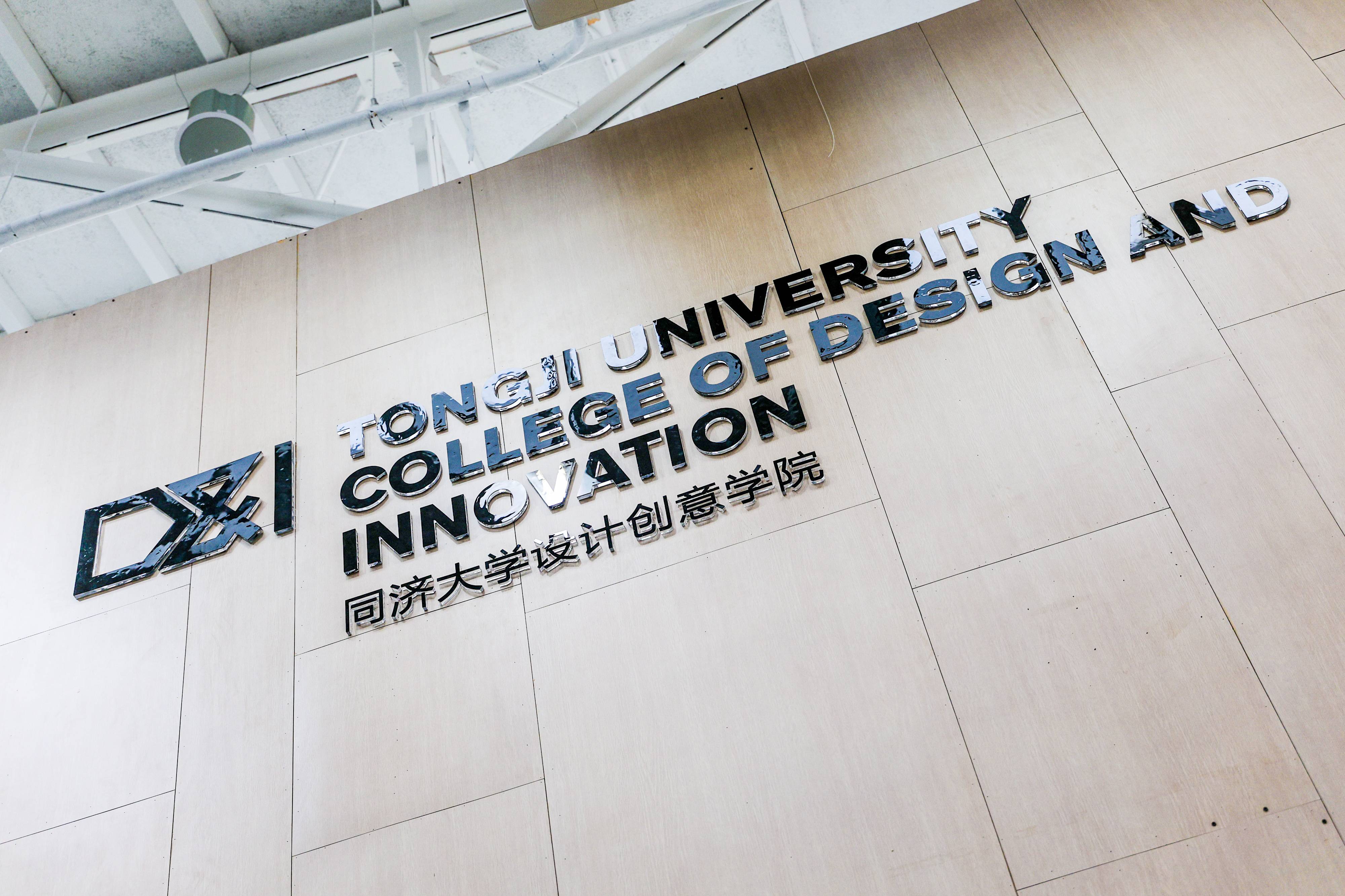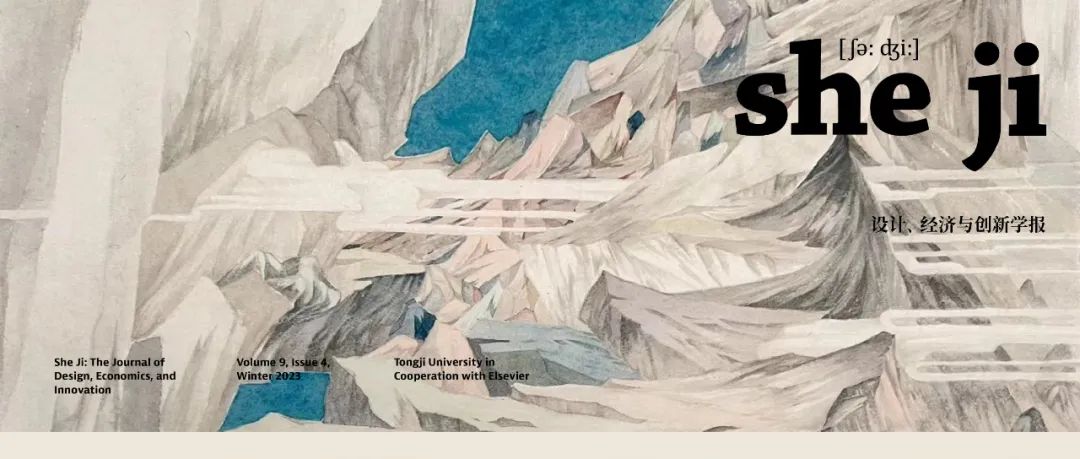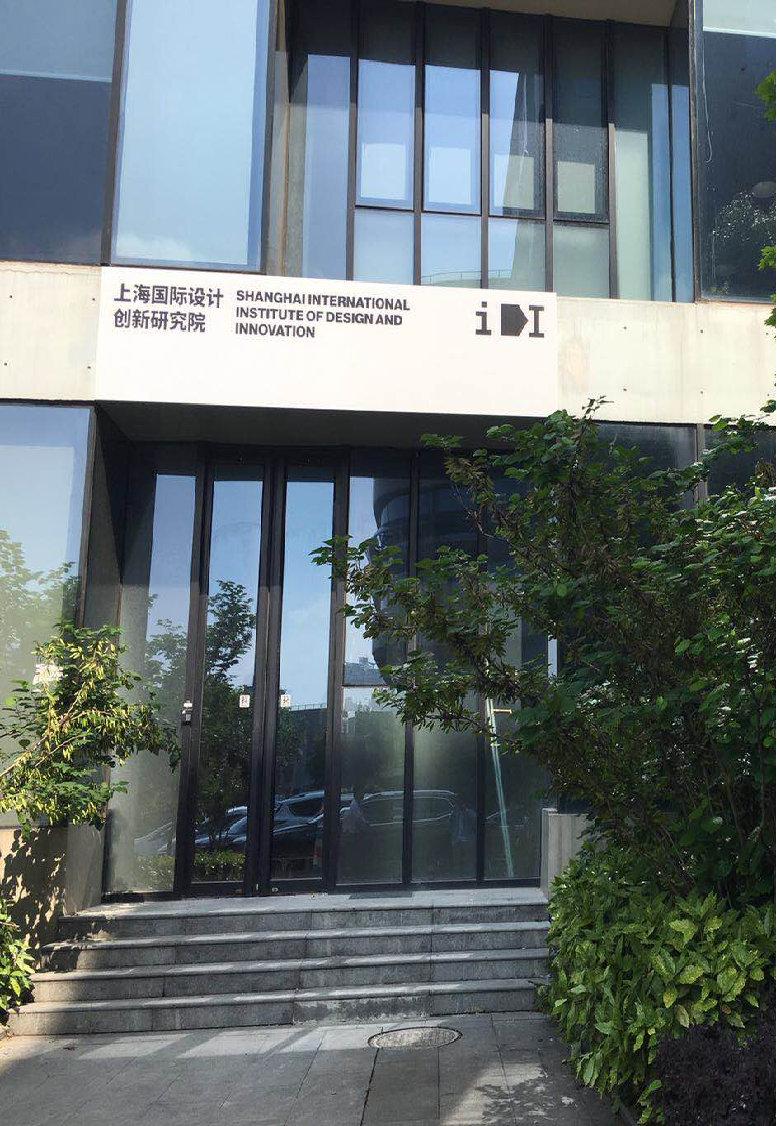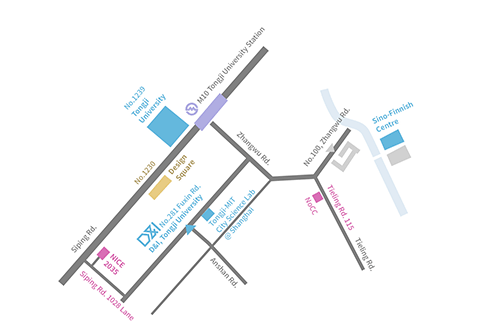
Time:2017/03/02(Thursday)18:00
Venue:281 Fuxin Road, Tongji University, College of Design and Innovation IS105 Lecture Hall
Speaker
Andrea Baldini
Andrea Baldini is Associate Professor of Aesthetics and Art Theory at the Art Institute of Nanjing University. Previously, he was International Exchange Postdoctoral Fellow at the Institute for Advanced Studies in Humanities and Social Sciences at that same university where he was part of a research project entitled “Visual Culture in Changing China.”
Since 2015, he is also the coordinator of the Jinling Artist-in-Residence Program, whose aim is to promote cultural exchange between China and Italy. His main research interest is in philosophy of art and aesthetics, especially at their intersection with applied ethics, critical theory, metaphysics, social and political philosophy, public policy, and visual culture. The critical focus of his research is on socially-engaged artistic practices in the public domain, with a concentration on public art and street art. Recently, he has published articles in the Journal of Visual Culture and The Journal of Aesthetics and Art Criticism. He is also an independent curator, specializing on cross-cultural communication.
Content
In 2011, Colonnata Lard has lost its certification as Slow Food Presidium –awarded by Carlin Petrini’s movement to productions of distinct quality. This in turn has generated a harsh controversy. In spite of this decision, this product coming from the Massa-Carrara Province in Northern Tuscany remains an icon of Italian gastronomy. And it still protected under the Protected Geographical Indication (PGI) law, which protect and promote excellence inagriculture and food stuff in the European Union.
The controversy surrounding the Colonnata Lard raises important questions related to the understanding, defense, and advancement of Made in Italy in gastronomy. Two questions interest use here. We consider them as particularly relevant from a philosophical and conceptual standpoint. The first one deals with descriptive concerns and one can formulate it as follows: “How do the various geographical indications function?”. Call this descriptive question. The second issue that the case of the Tuscan cured meat suggests touches on normative concerns and could be expressed in terms of the following question: “How should geographic in dications function?”. Call this normative question.
In this presentation, we address both the descriptive and the normative question, placing our discussion within the context of an analysis of Made in Italy while drawing implications for what pertains to the understanding, appreciation, and promotion of Italian high quality gastronomic production. For this reason, our goal is not limited to a narrow discussion of philosophical intriguing aspects of geographic indications. We intend to develop a proposal that can pertinently inform laws on laws protecting excellence in gastronomy. In the first section of the talk, we answer the descriptive question, emphasizing the philosophical roots grounding current legislation. In the second section, we highlight the main short comings of those laws and introduce an important corrective. We call it such a corrective ecological parameter of production. Such a parameter introduces quantitative limitations in food production, which we take as essential in promoting gastronomic excellence.
Speaker
Daniele Balicco
Daniele Balicco is Lecturer in Theory and Critical Studies at the EHESS (École desHautes Études en Sciences Sociales) of Paris and at the IED (European Instituteof Design) of Rome. His theoretical work lies between cultural history,aesthetics and economics.
In his first book - Non parlo a tutti. Franco Fortini intellettuale politico/I Don't Speak to Everyone. Franco Fortini, a PoliticalIntellectual (Roma, 2006) - he analyzed the relationship between political power, the aesthetic dimension and financial capital. He has continued to focuson this topic as the editor of a special issue of Allegoria (2014) devoted to Edward Said as a political thinker - Lotta politica e riflessione estetica in Edward Said / Edward Said between Politics and Aesthetics.
These themes are also central to his more recent work as editor of the volume Made in Italy e cultura. Indagine sull'identità italiana contemporanea (Made in Italy and Culture. Inquiry into the Contemporary Italian Identity, Palumbo 2016). He also works as a freelance journalist for the newspaper Il Manifesto.
Content
It is not easy to determine a univocal relationship between design and nationalidentity. Especially today, where the link between territories, cultural training, creation and production of objects is extremely open and globalized .Nevertheless, it can not be ignored that some countries have been able to create a distinct and recognizable style in the international market. In this regard,the Italian case is very challenging.
Its seductive profile can be in part described in connection to its specific cultural history and geography: the nature of the relatively small, but extremely heterogeneous Italian territory lying for centuries at heart of the Mediterranean cultural exchanges; the enigmatically artificial nature of the Italian language and its intimate relation to an international tradition of music; the history of Italian craft traditions and their relationship with the myth of the Renaissance as an archeology of modernity; the relatively late clash of the Italian culture and society with industrial modernity; and the peculiar theoretical training of Italian designers (mostly architects) and their ideological link withanti-establishment movements. Through the intersection of all these"traces", it may be possible to qualify the multidimensional nature of the Italian style as a "pleasurable" form of modern life.


